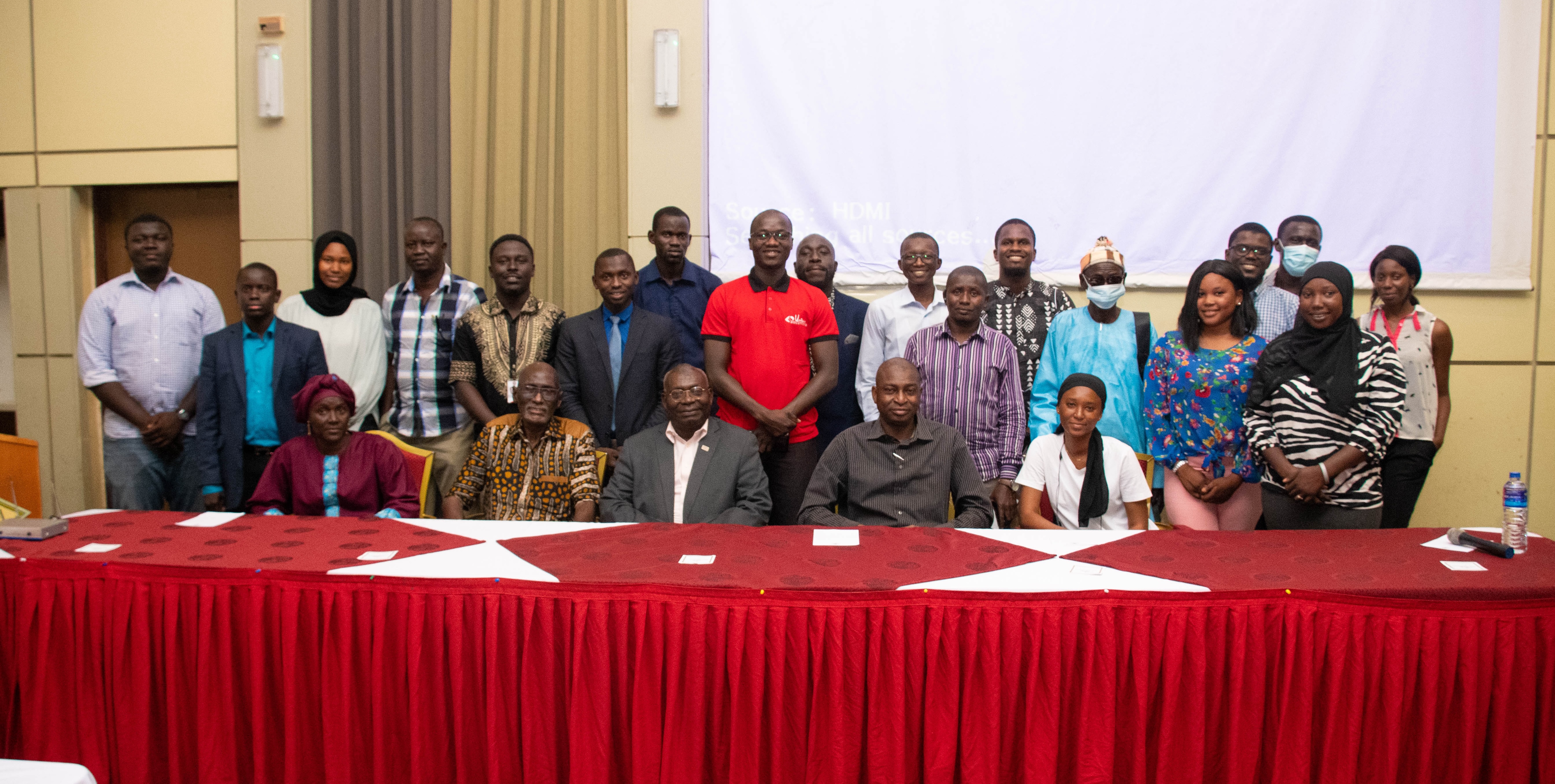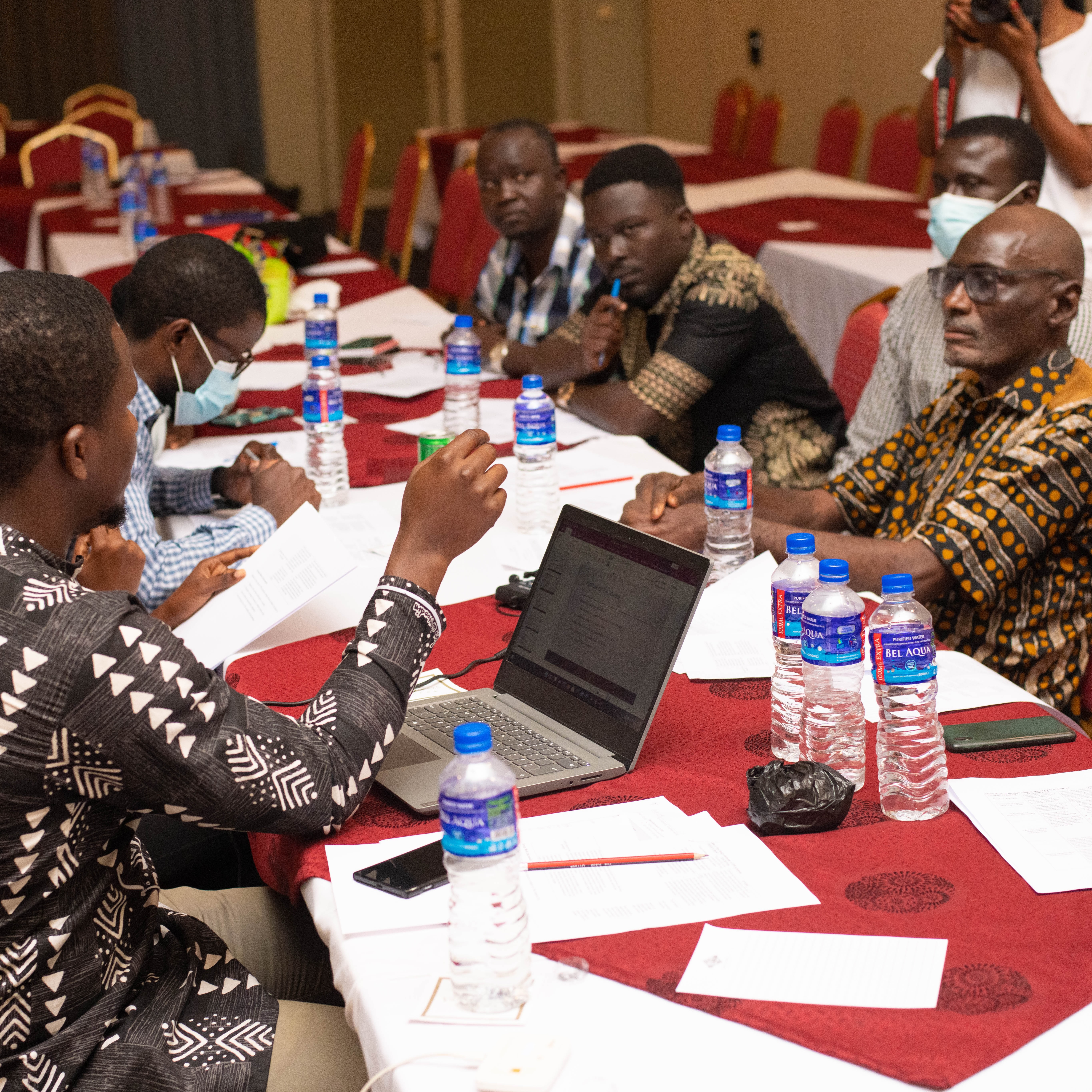
Country Status
In 2022, The Gambia generated 4 million kilograms of e-waste, with a per capita generation of 1,4 kilogram of e-waste. The Gambia neither has an official e-waste management system, nor an adequate regulatory framework and e-waste collection network. The Gambia is in the process of preparing and approving its national e-waste management strategy. The National Strategy on the Management of Waste Electrical and Electronic Equipment in The Gambia will be the first comprehensive document focused on e-waste management. Like many other countries dealing with the e-waste challenge, The Gambia lacks a formal e-waste collection, transportation, and disposal system. The national e-waste strategy aims to create a future regulatory framework, reduce the volume of e-waste requiring disposal, and adopt environmentally sound practices for the final disposal of e-waste.
- E-waste Generated (million kg): 4
- E-waste Generated (kg per capita): 1,4
- E-waste Documented as Formally Collected and Recycled: N/A
- Ewaste Policy, Legislation or Regulation: No
- EPR on E-waste: No
- Collection target in place: No
- Recycling target in place: No

| 
|
ITU and E-waste in The Gambia
ITU is supporting the Public Utilities Regulatory Authority (PURA) and the National Environment Agency (NEA) in the development of a national e-waste strategy in Gambia. The National Strategy on the Management of Waste Electrical and Electronic Equipment in The Gambia will be the first comprehensive document focused on e-waste management. Like many other countries dealing with the e-waste challenge, The Gambia lacks a formal e-waste collection, transportation, and disposal system. The strategy aims to create a future regulatory framework, reduce the volume of e-waste requiring disposal, and adopt environmentally sound practices for the final disposal of e-waste.
- ITU – UNEP (2021 – 2022)
In the framework of a joint project with the United Nations Environment Programme (UNEP), ITU collaborated with PURA and NEA to support the Government in developing a National Strategy on the Management of Waste Electrical and Electronic Equipment in The Gambia. Key national stakeholders from both the public and private sectors were invited to consultation workshops to define strategies linked to the roles and responsibilities of actors involved in the e-waste value chain. A preliminary draft of the national E-waste Strategy was developed following the feedback received during the national consultations and is currently awaiting validation and formal approval.